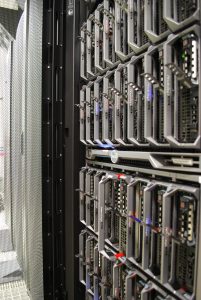CHAPEL HILL, NC – A new web-based platform being developed by RENCI in partnership with The Carolinas Center for Hospice and End of Life Care will allow people in the Carolinas to better manage their health and interact with loved ones and healthcare providers on planning for their future healthcare.
The Carolinas Center received a grant of $1.06 million from the Duke Endowment to support building the new system over the next three years. RENCI will receive about $500,000 from that grant to create the platform’s data management system and a framework for safely accessing and sharing data. Read more




